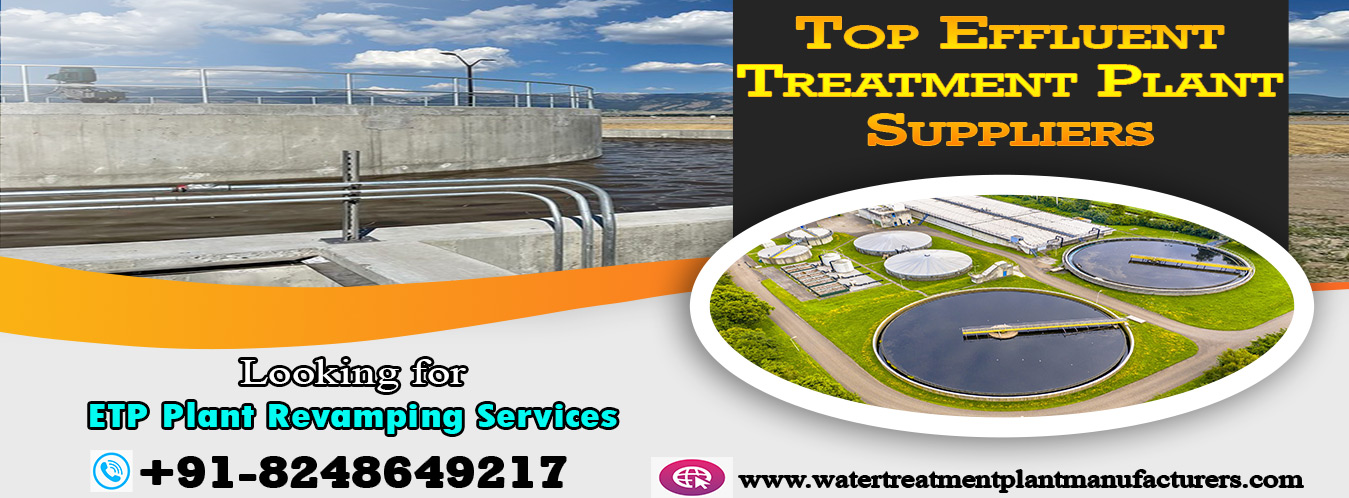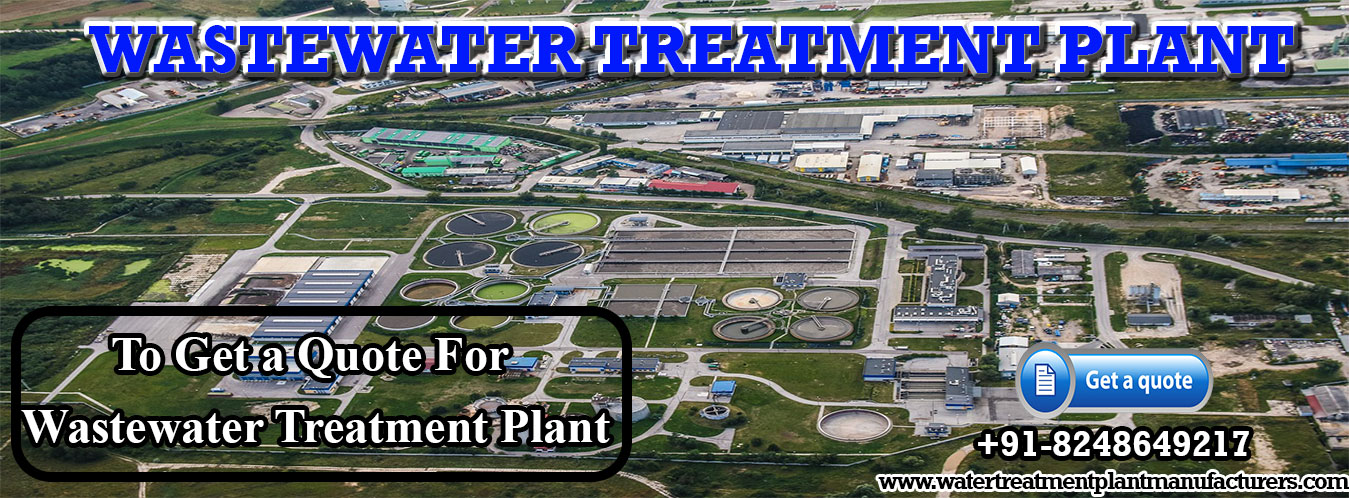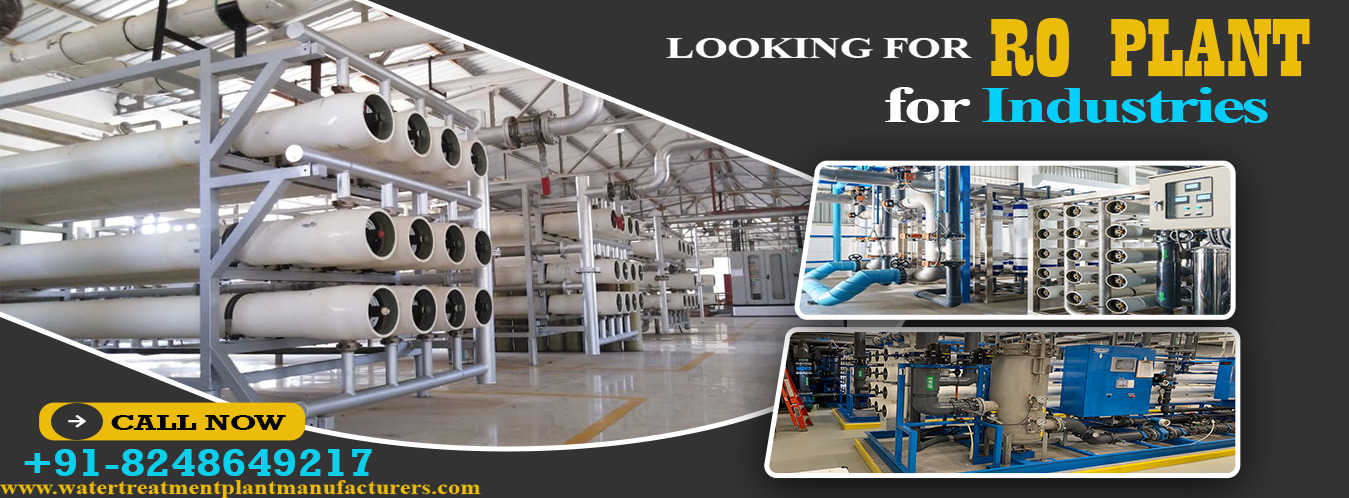
WELCOME
GJ WATER TECHNOLOGIES

WELCOME
GJ WATER TECHNOLOGIES

WELCOME
GJ WATER TECHNOLOGIES

WELCOME
GJ WATER TECHNOLOGIES
A Packaged Effluent Treatment Plant, often abbreviated as Packaged ETP, is a pre-engineered and self-contained system designed to treat industrial wastewater or effluent to meet regulatory discharge standards. It typically includes various treatment processes and equipment within a compact, ready-to-install package.
A typical Packaged ETP includes components such as screens, sedimentation tanks, aeration units, chemical dosing systems, sludge handling equipment, and control systems. The specific components can vary based on the plant's design and the type of wastewater being treated.
Packaged ETPs use a combination of physical, chemical, and biological processes to remove pollutants from wastewater. Wastewater enters the system, undergoes treatment through various stages, and is eventually discharged as treated effluent. Common treatment processes include screening, primary clarification, biological treatment (such as activated sludge), secondary clarification, and disinfection.
Packaged ETPs are widely used in industries that generate wastewater, including food and beverage, textiles, pharmaceuticals, chemicals, pulp and paper, and many others. These systems help industries comply with environmental regulations and minimize their environmental footprint.
Some key advantages of using Packaged ETPs include:
Compact design: They require less space compared to traditional ETPs.
Quick installation: They are pre-fabricated and can be installed relatively quickly.
Cost-effectiveness: They often have lower capital and operational costs.
Modular scalability: Additional units can be added as wastewater volumes increase.
Compliance: They help industries meet regulatory discharge standards.
Regular maintenance is essential to ensure the efficient operation of a Packaged ETP. This includes inspections, cleaning, servicing pumps and motors, replacing worn-out components, and monitoring chemical dosing. The frequency and extent of maintenance depend on factors like wastewater characteristics and the plant's usage.
Yes, Packaged ETPs are designed with modular components, allowing for upgrades and expansions as needed. This scalability makes them a flexible solution for industries that anticipate changes in their wastewater volumes or treatment requirements.
Packaged ETPs help industries reduce their environmental impact by treating wastewater before discharge. This reduces the pollution load in receiving water bodies and helps protect aquatic ecosystems and public health.
Determining the correct size depends on factors like the type of industry, the volume and characteristics of wastewater generated, and local regulatory standards. It's advisable to consult with an environmental engineer or ETP manufacturer to conduct a feasibility study and select the appropriate system.
ETP Plant represents Effluent Treatment Plant, is a cycle which is designed for treating the industrial wastewater for making it reusable or safe release into the nature. It accepts untreated industrial wastewater as influent and subsequent to treating it produces the effluent because of treated industrial wastewater. During the treatment cycle it likewise isolates sludge.
Effluent Treatment Plants are utilized by all driving industries to treat their wastewater. All the main pharmaceutical, chemical, material, and other industry that create the wastewater utilized ETP's to sanitize water and eliminate any non harmful or poisonous materials or chemical from it. Every one of the companies utilized these plant to keep the public authority rule, and for climate protection.
ETP Plant assumes a vital part for treating the industrial wastewater. ETP are for the most part used to get the industrial wastewater make it reusable water or to safe release in to the climate. Presently Days it's obligatory for each industry to Introduce ETP Plants according to unofficial laws to treat their waste and wastewater for making it more reusable or for safe release into the nature.
Wastewater release plants are utilized to treat wastewater prior to delivering it into the climate. Keeping a wastewater release plant is fundamental since they are significant in guaranteeing that the climate stays clean. The main thing you ought to do is ensure that the effluent release plant gathers the wastewater and never returns it to the climate.
To reuse the water for additional purposes, the emanating treatment plant filters harmful material, contaminated water from streams and lakes, and so on. These are many times utilized in enterprises where there is a gamble of serious water contamination, like drugs, materials, tanneries, and synthetic chemicals. Prior to delivering them back to nature, such treatment plants guarantee that the dirtied and poisonous water from industrial facilities is dealt with.
